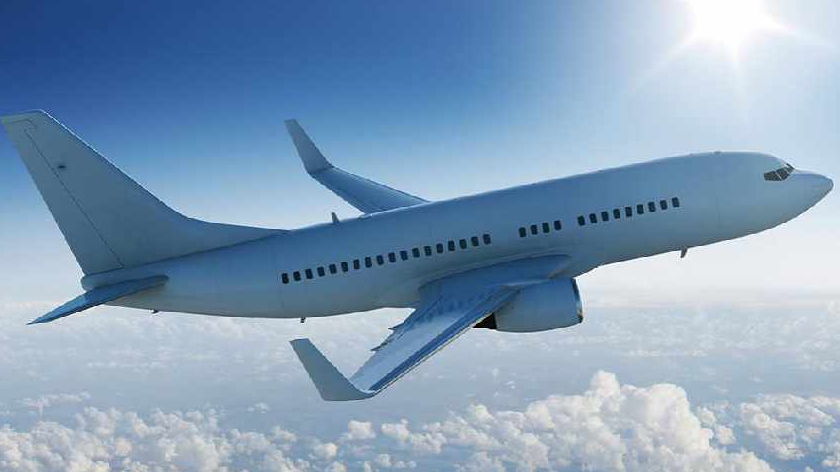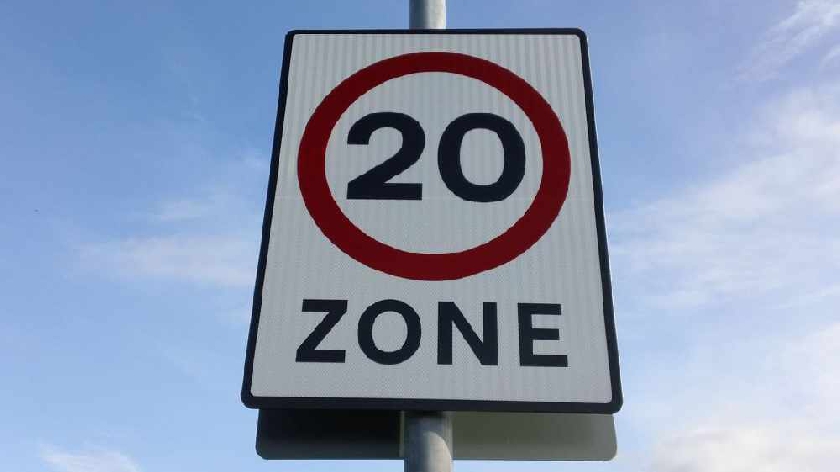
Nearly 60% of adults say they intend to fly less after being vaccinated against COVID-19 - with fears over spreading new variants of the virus among the top concerns.
Research by the University of Bristol, seen exclusively by Sky News, investigated the long term impact on the aviation sector, which has been hit significantly by the pandemic.
Passenger airline miles in April 2020 were 94% lower than in April 2019, according to the International Air Transport Association.
The survey of nearly 500 people found:
- 57.7% of respondents aim to fly 'less' or 'much less' in the future
- 76.9% said concerns over COVID-19 might put them off flying
- 73.1% of respondents aiming to fly less are in older age groups, aged over 60
Dr Ed Atkins, lecturer in the School of Geographical Sciences, who led the study, said: "The huge impact of the pandemic on the aviation industry has been widely reported as air travel has ground to a virtual halt, resulting in significant job losses and many countries providing financial support to the sector.
"So far, little research has been done to explore whether, and why, passengers might return to flying in the future.
"This survey aims to provide early insights into how the pandemic might affect their attitudes towards flying and the frequency with which they plan to do so going forward.
"This has important consequences for the hundreds of thousands of people who rely on this sector for their jobs and livelihoods."
As well as worries about COVID-19, climate change was also a top reason for people wanting to reduce their number of flights, with 83% believing their personal use of air travel contributes to climate change.
"The role of the aviation sector within any 'green recovery' from COVID-19 remains unclear, but in some countries, such as France, domestic flights are being restricted and financial support has been linked to decreasing greenhouse gas emissions. This could serve as a model for others to follow," said Dr Atkins.
Co-author Martin Parker, professor of organisation studies at the university's School of Management and lead of the Inclusive Economy Initiative, said: "We need to reduce carbon emissions from every area of the economy, so these findings are good news. Cutting air travel will be a crucial part of 'building back better' and this means we will all need to fly less.
"However, cutting down emissions fairly means rationing flights for everyone, rather than just those who choose to change their behaviour. This will not be a message that politicians and policy makers want to be associated with, or one that many people want to hear."
The study said the findings mean "concerted policy action" may be needed to support communities employed by or economically dependent on the aviation sector.

© Sky News 2021
















